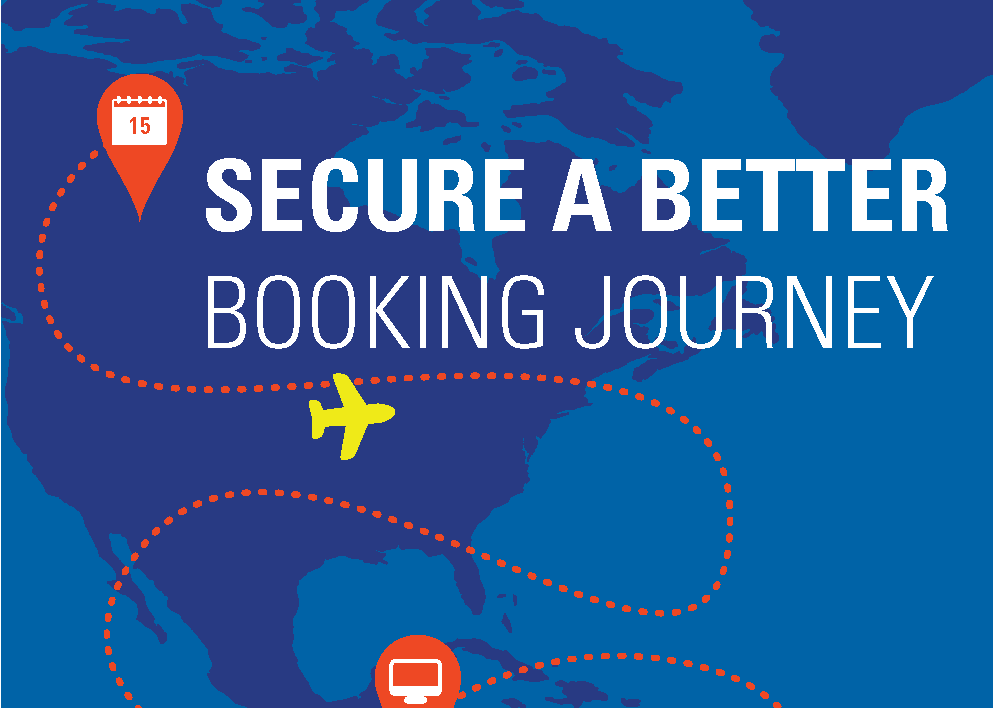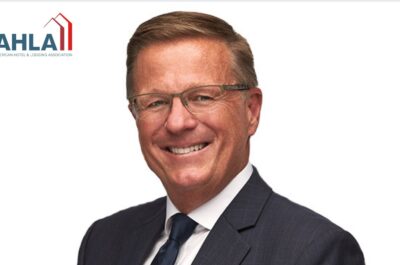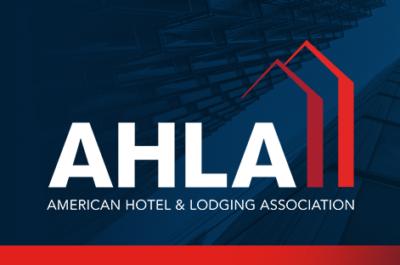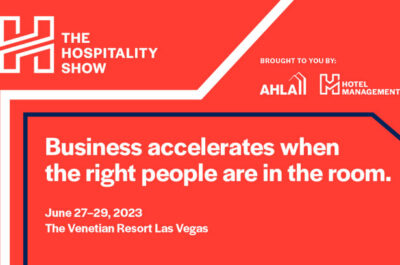AHLA launches “Search Smarter” campaign to raise awareness of deceptive online marketing practices, focus on transparency.
The American Hotel & Lodging Association (AHLA) is announcing the launch of a new consumer awareness campaign, Search Smarter, aimed at helping consumers avoid online travel booking scams and misleading advertising practices as they book their summer travel season.
Every 60 seconds, Americans make 500 hotel bookings online. And new research reveals that online scams and fraudulent sites are on the rise. In 2015, just six percent of American travelers reported having booked on what they believed was a hotel’s official website, only to find they had booked on a fraudulent site – websites that use a variety of marketing tactics to mimic hotel websites but are not, in fact, affiliated with the hotel. Just two years later, the number of travelers reporting that same experience has nearly quadrupled to 22 percent. Today, that amounts to 55 million hotel bookings of this type each year, translating to $3.9 billion in “bad” bookings.
Furthermore, new evidence reveals consumers are not getting the deals they think they are from third-party booking sites. A poll commissioned by AHLA details the extent to which online travel agencies can mislead consumers, revealing that 74 percent of travelers have less confidence booking with these sites after learning more about the prevalence of scams and deceptive marketing tactics.
A closer look at online travel agencies and their marketing tactics reveals a deceptive pattern that can lead to false choices, false discounts, and a false sense of urgency throughout the booking process.
- There has been an astounding increase in the number of consumers who have fallen victim to booking scams by fraudulent websites – jumping from 6 percent to 22 percent in just two years.
- The overwhelming majority of consumers (74 percent) are unaware that when they comparison shop among these “digital middle men,” – Trivago, Kayak, Expedia, Orbitz, Hotels.com, Travelocity, Booking.com, and others – they’re comparing the same two companies: Expedia and Priceline. Together, they control 95 percent of the online travel market.
- An overwhelming majority (79 percent) of consumers believe these “digital middle men” will yield better deals – a belief fueled by misleading marketing practices such as extreme discount pricing that is not based on an actual room rate set by the hotel.
- Nearly half of consumers (45 percent) are influenced by misleading messages disclosing a sense of urgency. For example, messages like: “Book now! Only two rooms left!” are not based on room inventory from the hotel, but a tactic used to entice consumers to book hastily.
Vicky is the co-founder of TravelDailyNews Media Network where she is the Editor-in Chief. She is also responsible for the daily operation and the financial policy. She holds a Bachelor's degree in Tourism Business Administration from the Technical University of Athens and a Master in Business Administration (MBA) from the University of Wales.
She has many years of both academic and industrial experience within the travel industry. She has written/edited numerous articles in various tourism magazines.























































































































































































